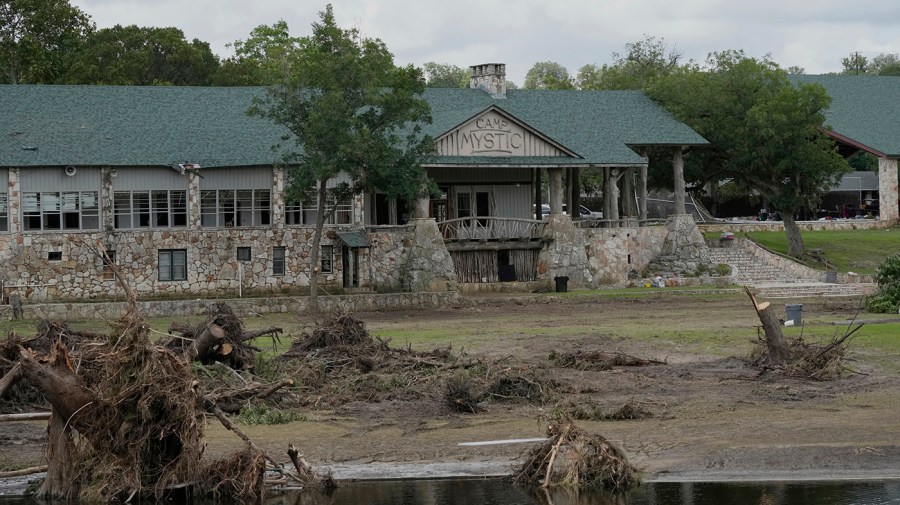President Donald Trump is set to visit Texas on Friday to evaluate the devastating flooding that has claimed the lives of more than 120 individuals. This trip underscores his strong ties to the state, often characterized as a Republican stronghold. Texas Governor Greg Abbott has praised the federal government’s response to the disaster, despite ongoing criticisms regarding the Trump administration’s cuts to climate and weather agencies.
The camaraderie between Trump and Abbott starkly contrasts with the tension observed during California’s wildfire crisis in January, where Trump and Democratic Governor Gavin Newsom engaged in a protracted blame game over water management and disaster preparedness. Critics contend that Trump’s approach to disaster management often leans towards politicization, highlighting a discrepancy in his responses based on the political affiliation of state leadership.
Former White House and FEMA spokesman Jeremy Edwards expressed skepticism about Trump’s sentiments, suggesting that had the flooding occurred in a Democratic-leaning state, the rhetoric would likely differ. “I find it very hard to imagine that if this exact situation were to happen in a blue state with a Democratic governor, he would not immediately lambast them for steps that they did or didn’t take,” Edwards remarked.
Many observers note that previous administrations prioritized bipartisan cooperation during crises. Michael Coen, a former chief of staff at FEMA under both the Obama and Biden administrations, pointed to instances where presidents worked alongside governors regardless of party affiliation. “What I’d seen during the Obama administration and the Biden administration is presidents working with governors, regardless of party, to support the impacted community,” Coen stated.
Texas Visit and Its Implications
During his visit, Trump is expected to meet with first responders and receive briefings from local officials. Governor Abbott will accompany Trump, and together they will engage with families affected by the floods. A White House official confirmed these plans, emphasizing the administration’s commitment to addressing the aftermath of this disaster.
In addition to the immediate response efforts, the visit also draws attention to ongoing cuts within federal agencies. The National Oceanic and Atmospheric Administration (NOAA) has seen significant staffing reductions, including the departure of key personnel responsible for coordinating weather alerts. Critics argue that these cuts hinder the federal government’s ability to effectively respond to natural disasters.
Homeland Security Secretary Kristi Noem, who is also anticipated to join Trump in Texas, has called for a “remake” of FEMA, despite the agency’s active response to the flooding. Noem has maintained that disaster response should primarily be managed at the state level. “We as a federal government don’t manage these disasters. The state does. We come in and support them,” she stated.
The political landscape surrounding disaster response remains complex. After Hurricane Helene impacted North Carolina last year, rumors circulated about FEMA’s alleged withdrawal from Republican areas, complicating the federal response under the Biden administration.
Future Political Ramifications
As Trump navigates the fallout from this natural disaster, analysts suggest that his handling of the situation may have broader implications for his political future. A former official from the Bush administration remarked on the challenges of disaster politics, stating, “Disaster politics are always tricky, but this tragedy is amid the backdrop of the administration’s broader efforts to reduce the federal role in disaster response.”
Trump has expressed confidence in his relationship with Abbott, crediting their collaboration as a factor in the effective flood response. “The response has been incredible, and the fact that we got along so well, it was so unified. I think a lot of lives have been saved,” Trump asserted during a Cabinet meeting.
As the recovery efforts unfold, critics remain vigilant, predicting that Trump may revert to familiar tactics. Edwards noted, “I think this is going to be the same thing he does with the economy. If the response and recovery go well, it’s Trump’s FEMA, but if it goes badly, it’s Biden’s FEMA.”
The unfolding narrative in Texas serves as a reminder of the intricate interplay between disaster management and politics, with long-lasting implications for both state and federal responses to crises.
